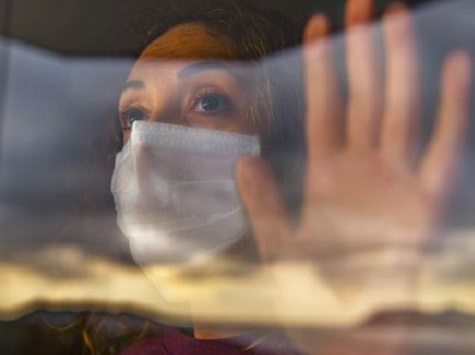Asunción: Paraguay’s intellectual poverty was highlighted in a report by the World Bank, Unicef and Unesco, which outlined the impact of the COVID-19 pandemic on education. The report shows that Latin America has experienced one of the longest school closures in the world, hitting the region unprecedentedly hard in health, economic and educational terms.
So far, 170 million children and young people worldwide have not had the opportunity to be personally present on one of two effective school days. In Paraguay, the data is no more encouraging as it was already expected that the current education system had poor credentials, these numbers placing students below the minimum level of ability.
One of the most striking figures from the report is that in the third grade, 5 in 10 students do not understand what they are reading, which is 52% of the population, while 6 in 10 students do not understand math, which is 62%.
For sixth graders, 8 out of 10 students don’t understand what they’re reading, that would be 81%, and 9 out of 10 students don’t understand math (94%). This information confirms the problem of teaching, because the problem lies with the educators who do not know what to teach nor how to teach, and what they teach is not appropriate.
Cartes Senator and former Education Secretary Enrique Riera commented on the two-year setback the pandemic has caused. At that time there was an expansive growth of the education systems. “There was investment, but there weren’t enough schools and teachers,” he recalls.
With this approach, there was no quality control of the teachers. “As the degree of massification decreased, the quality of education deteriorated and the pandemic revealed another weakness,” he added. This whole context has resulted in a backlog of student education in the country.
He likened managing healthcare to a greater margin of investment while education lagged behind, leveraging virtuality in a country where only 25% of the population has access to the internet. While acknowledging that the challenge is to improve education without stopping it during these years of absenteeism and school closures, he regretted the lack of political vision.
Wochenblatt / The Nation
–
The purpose of this service is to add value to the news and to establish more fluid contact with readers. Comments should be adapted to the subject of the article. The commenters are solely responsible for the content, which should be factual and clear. Swear words, personal insults and racism will not be tolerated.


